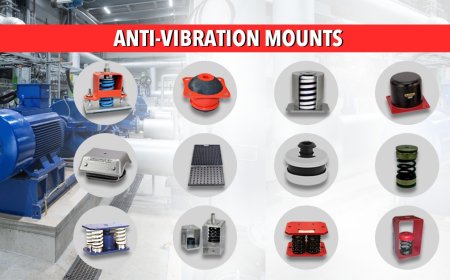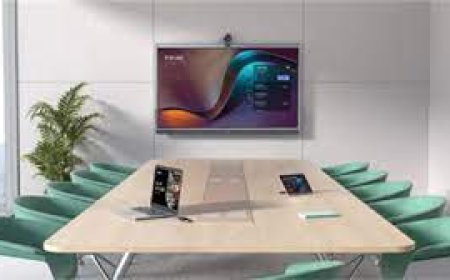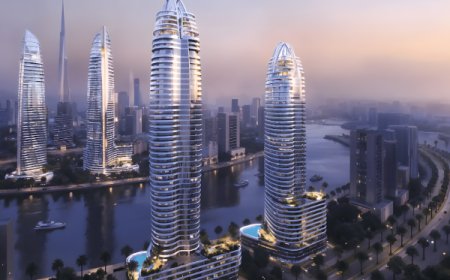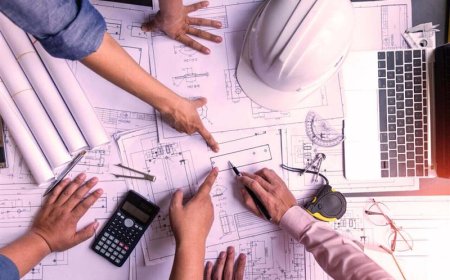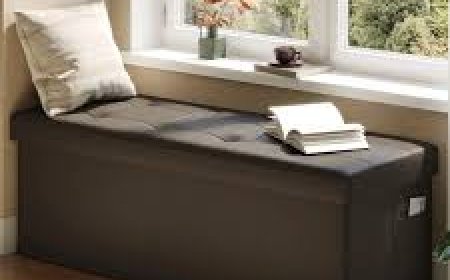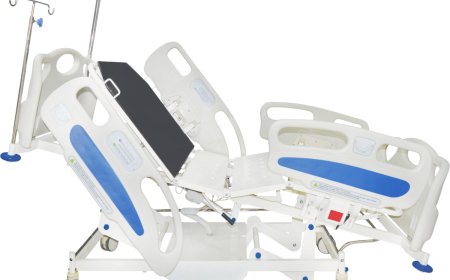Understanding the Modern Office Table: A Cornerstone of Productivity

In todays dynamic work environment, the office table plays a vital role in shaping not only the aesthetics of a workspace but also the efficiency and comfort of employees. As work culture evolves with a greater focus on ergonomics, collaboration, and digital integration, the importance of a thoughtfully chosen office table has never been more significant. Whether in a corporate setting or a home office, the right table influences posture, organization, and even mental focus. With more professionals working remotely or in hybrid models, the demand for versatile, adjustable, and design-friendly options such as the free standing table has significantly increased. Companies are also paying closer attention to furniture that reflects their values, branding, and work philosophy.
Why Ergonomics and Design Go Hand-in-Hand for Office Tables
One of the most critical factors when selecting an office table is ergonomics. A well-designed table that aligns with ergonomic principles can drastically reduce physical discomfort, improve posture, and help maintain focus throughout long work hours. A poorly chosen table can lead to wrist strain, backaches, and decreased productivity. A free standing table, in particular, allows for greater flexibility in positioning, making it easier to accommodate ergonomic accessories such as monitor risers or keyboard trays. Moreover, free standing tables typically come with height-adjustable options, giving users the freedom to alternate between sitting and standinga proven method to reduce the health risks associated with prolonged sitting. Ergonomic design does not only benefit health; it contributes to a cleaner and more organized workspace, enabling employees to work more efficiently and with greater satisfaction.
The Rise of the Free Standing Table in Flexible Workspaces
Modern workspaces demand adaptability. Gone are the days when every employee had a fixed cubicle. Today, businesses thrive on collaboration, spontaneous meetings, and flexible desk arrangements. This is where the free standing table truly shines. Its non-fixed, modular nature makes it ideal for dynamic office layouts. Free standing tables can be moved, rearranged, or grouped depending on the task or team size. Whether you're setting up a brainstorming area, an informal meeting zone, or a quiet work corner, these tables offer unmatched versatility. Furthermore, their sleek, minimalist design often complements contemporary interior themes, making them a practical and aesthetic choice for startups, creative agencies, and coworking hubs. Their easy mobility also supports quick reconfiguration of space, which is crucial in growing companies that frequently scale or pivot their operations.
Material, Size, and Surface: Choosing the Right Office Table
When selecting an office table, it's essential to consider the material, size, and surface finish. Tables made of solid wood exude durability and luxury but may come at a higher price point. On the other hand, metal or laminated wood options are lighter and more budget-friendly while still offering strength and stability. Size also plays a major role. A compact table might work well for minimalist setups or small home offices, while larger conference-style tables suit executive offices or team meetings. A free standing table is particularly advantageous in this aspect because it can be chosen in sizes that match the needs of specific departments or team activities. The surface finish matters, toomatte surfaces reduce glare from lights and screens, while glossy finishes may be easier to clean. Cable management features, built-in drawers, or modular storage can also enhance the functionality of your table.
How Office Tables Influence Branding and Culture
While it may seem trivial at first glance, the design and layout of office furnitureespecially the tablecan reflect and reinforce a companys brand and work culture. Sleek, minimalist tables may suggest innovation and modernity, while large, traditional wooden tables may convey stability and heritage. The free standing table, in particular, signals flexibility and openness, traits often associated with modern tech companies and startups. This type of table encourages collaboration, dismantles hierarchy, and promotes a more egalitarian workplace. Open layouts that include free standing tables are often found in progressive work environments where teamwork and fluid communication are highly valued. Choosing the right type of table is thus a statement of values, culture, and the kind of workplace a company aims to foster.
Office Tables in Remote and Home Office Setups
As remote work becomes increasingly common, many professionals are investing in quality furniture for their home workspaces. A dedicated office table improves focus, keeps tools organized, and helps maintain a healthy posture. Free standing tables are especially beneficial for home offices because theyre easy to set up, move, and fit into various types of room layouts. They also allow for future adjustments, such as adding storage or changing the tables location without the hassle of disassembly. The versatility of a free standing table is crucial in homes where space is shared with other household members or repurposed regularly. In such settings, having a lightweight yet sturdy office table can significantly enhance ones productivity and comfort without overwhelming the available space.
Sustainability and Office Furniture: A Growing Concern
Sustainability has become a major consideration in furniture selection. Office tables made from eco-friendly materials or those that can be recycled at the end of their life cycle are becoming increasingly popular. Many manufacturers now offer tables certified by environmental organizations, ensuring minimal carbon footprints and ethical sourcing of materials. The free standing table design contributes to sustainability by allowing easy upgrades or component replacements rather than discarding the entire unit. A modular, reconfigurable table system can serve multiple purposes over time, reducing the need for frequent furniture replacement. Choosing such furniture demonstrates corporate responsibility and supports global environmental goals, something clients and employees increasingly value in todays conscious consumer landscape.
Final Thoughts on Making the Right Choice
Choosing the perfect office table is about more than just functionality; its about creating an environment that enhances productivity, reflects values, and supports employee well-being. With the increasing shift toward hybrid work models and open-plan offices, flexibility is no longer optionalits essential. A free standing table brings both style and substance to the modern workspace, offering versatility, ergonomic comfort, and long-term value. Whether you're setting up a collaborative team hub, an executive suite, or a personal home office, investing in the right table will yield significant returns in performance and satisfaction.
In conclusion, finding a well-balanced workspace setup means choosing elements that blend design, comfort, and adaptability. The office table you choose speaks volumes about your work ethic, environment, and brand identityand with so many functional, free standing options available today, its easier than ever to make a smart, impactful choice.




















